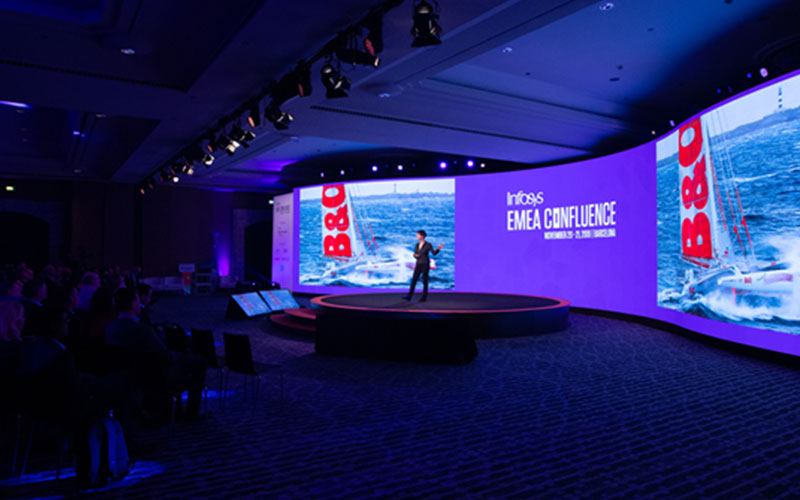
Ellen MacArthur
Record breaking Sailor and Champion of Circular Economy
What is most personal often sparks the most zealous missions. Dame Ellen MacArthur found her epiphany in a number: 118. The number of years that coal was projected to run out was also the same since her great grandfather had been born: a simpler time when the finite resources on our planet still seemed infinite.
After breaking records as a sailor, Dame Ellen set out on a quest to break the cycle of consumption and create a new one with the circular economy. Her keynote at Confluence offered inspiration with a shot of immediacy: what we do everyday has a bigger impact, and now is the time to hit reset. What we make, the way we do, and how we own it after: that’s the path to creating something of value.

Key Takeaways

Find your mythical around the world in 80 days
The stuff of fiction can be a tangible goal. Just like the fabled book, Ellen MacArthur set her sights on a number and strategized to beat it. Builds, iterations, charting the seas, and braving every challenge: she circumnavigated planet Earth in 71 days.

Clear intentions manifest in purposeful products
Can we specify what we need beyond the specifications? Be it greater sustainability or usability, if we want products and services to deliver an outcome, we must declare it. And do so at the very outset of conception and design.

Never stop asking questions on the journey
You can know a lot about a lot of things. But there’s always the little that you don’t: even of what sounds familiar. The next time you’re in a meeting and someone throws around jargon like long-term or robust, peel back the layers.

Doing the right thing needs to be incentivized
Strange as it may seem, if a goal like sustainability needs to be driven across an organization, it needs a stimulus. Rewards and recognition will go a long way in normalizing a new behaviour until it becomes second nature.
If ever there was a moment we can do this, it's now. Because we have the ideas, we have the technology, we have the ability to share, and we have a plan.





